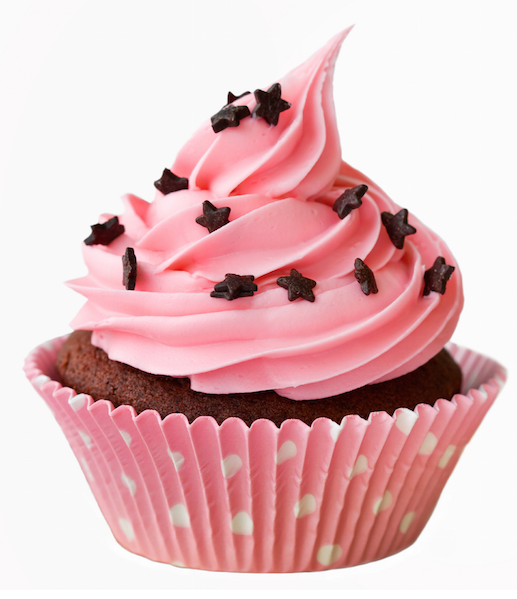That’s what noted educational psychologist Dr. Marcia Gentry thought when she offered to help at her daughter’s school. Bake sales are a common enough way to engage family, but parents are more than cupcake-making machines.
SCHOOLS AS COMMUNITY BUILDERS
When I joined the Office of Public Instruction, my Dad called to tell me I was the great great grand niece of Ida Clapp, a teacher in the Carolinas in the mid-1800s. As a young teacher in a young nation, Ida spent her days in the classroom and her evenings in town: hosting sewing circles, organizing potlucks and attending county dances.
Miss Ida was an early practitioner of community schools, which holds that schools play a central role in community as a place of connection, relevance and relationships. I believe this is particularly true in small towns, such as we have here in Montana, where the school is often the largest building in town.
The challenges that communities face nowadays are vast and complex: new families are relocating to Bakken-impacted towns, stretching local connection to meaning and place; realignments in the economy means many communities are making do with less. And in the center of this are our youth – young people who are navigating a world far more interconnected and complex than anything we’ve known.
As communities, we must seek new opportunities to connect, to build meaningful relationships in order to secure bright and safe futures for our children. Schools play a pivotal role in building community, in defining what community is and what it can be.
FOSTERING RELATIONSHIPS
Margaret Wheatley notes that when we work together, it is the quality of the relationships we foster, rather than the outcomes we realize, that define a healthy community. How do we build quality relationships? Quality relationships start with trust, and trust happens when each person is able to participate in the relationship from an authentic place.
As I write in the Five Essential Lessons of Graduation Matters Montana, I believe we all want – at the core of our being – to make a difference: that in the very make-up of what it is to be human is our desire to know that the work we do and the time we invest somehow matters. That we matter.
This essential understanding opens new ways for schools and parents to connect. Increasingly rare are the days – in a world of single-parents and two-wage earner households – when parents can volunteer a lot of time to support schools. (Though there’s a special place in heaven for the parents who can lead major efforts on behalf of local schools.) Yet there are many ways that schools and families create meaningful partnerships.
I see this every day. Some schools enlist families to help restore the playground area every fall and spring. Others invite parents to talk with students about how they use skills like team building, critical thinking and negotiation in their work-life. I see grandparents teach students traditional songs and tell stories that correspond with the changing seasons. I see older siblings come each week to teach yoga, or to bring objects like a coyote pelt or a bear claw to supplement instruction. I see retirees serve as mentors to high school students.
In each instance, schools are drawing on the strengths of family, and on our shared desire to see children flourish. In each instance, schools are building partnership and community.
Being curious about the interests and connections that families and community can bring to school is a good place to start. My work at OPI is to strengthen local school-community partnerships. I find again and again that when school folks and community slow down and open up authentic conversation about how, working together, we can create and sustain strong community partnerships, we invite in exploration and discovery.
So while, admittedly, cupcakes are my favorite sweet treat, I know even more so that I crave meaningful community, and schools are a good place to start.


HI Deb, nice posyt and your site is beautiful! I am curious about what you think about size and scale, when it comes to schools as community-building institutions… I have often heard that high schools– to be learning communities– should have no more than 75 – 100 per grade, and even less at the middle and elementary school level. Many larger schools around the country have successfully used the “House” model (schools-within-schools) to recreate that ability to really create community. In Montana, small town schools are small because they are small! But in the larger communities many schools are much larger than this…
Hi Grace – Thank you for your comment. Many Montana communities are blessed with small schools in small towns, as you noted, increasing the likelihood that meaningful connections can be made with youth inside the school and within the community. In our larger communities, I do see a lot of work going on to increase the connections with students, particularly as students transition into Freshman year of school, which is a critical transition. Research shows that students who do not find academic and social connectivity in school are much more likely to drop out, and that is particularly the case in 9th grade, when the “rules of school” (homework, attendance, etc) can be a real culture shock. This is where relationships in school and in the community can really count.
Reminds me of the popular book Beyond the Bake Sale. I think interest in families and communities, which has waned in recent years, is coming back. And Montana did a great job of including it in the SIG model.
Thank you, Sam. Beyond the Bake Sale does a great job bringing the ideals of family- and community-friendly schools into practice. It’s a core resource in a dropout prevention specialist training guide we are developing based on exciting work in Graduation Matters Browning, which is the state’s largest American Indian public high school on the Blackfeet Reservation. We should have something to share on our Graduation Matters Montana (http://graduationmatters.mt.gov) website this fall!